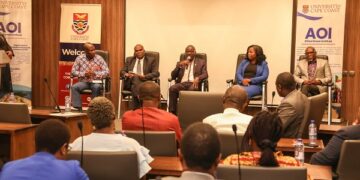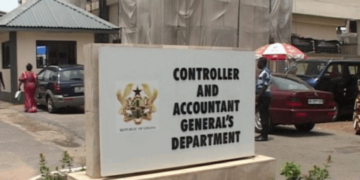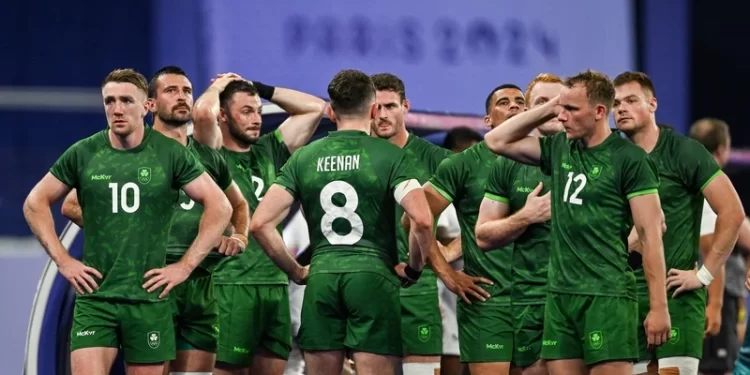A Bold Move: Ireland Ends Men’s Sevens Rugby Programme
Former Ireland Sevens captain Billy Dardis has called the decision to shut down the men’s Sevens rugby programme “short-sighted,” especially after the team competed at the Olympics just 10 months ago with real hopes of winning a medal. Dardis, who has been a key figure in Irish Sevens, expressed disappointment, saying the move comes despite the team being one of Ireland’s stronger Olympic medal hopefuls.
ICYMT: Leinster Camogie Finals to Proceed Under Protest
Financial Pressure and a Strategic Shift
Rumors had been circling for a while due to ongoing concerns about the programme’s financial sustainability. After a disappointing performance at the recent World SVNS Series in Los Angeles—where both Ireland’s men’s and women’s teams finished 11th and faced relegation—the Irish Rugby Football Union (IRFU) confirmed it would end the men’s Sevens programme after the 2024/25 season. According to the IRFU, this decision is part of a bigger strategy to secure the sport’s financial future and align with their long-term goals.
Women’s Sevens Still in Play
While the men’s programme is winding down, the women’s Sevens team will continue. The women’s game has a closer link with the traditional XVs format and remains a core part of Ireland’s rugby development plans.
Dardis Shares His Frustration
For Dardis, who is now vice-chair of the Athletes Commission within Olympic Federation Ireland, the decision feels like a letdown. He remembers how close the team came to Olympic success, saying, “We went to Paris second in the world and hoped for a medal.” But after a narrow loss to Fiji in the quarter-finals and several key players retiring—including Harry McNulty, Terry Kennedy, Gavin Mullin, Jack Kelly, and Dardis himself—the squad was never fully rebuilt. There was no functioning academy to develop new players, and most of the replacements came directly from provincial academies and club rugby.
Signs of Trouble Were There
Dardis believes the writing was on the wall. Staff departures, stalled funding, and a lack of clear direction made it feel like the programme was being quietly abandoned. “It’s unbelievably deflating,” he said. “Sevens feels like the younger brother they want to keep quiet.” He compared the recent structural changes in Sevens to changing the Six Nations format mid-tournament, calling it chaotic and unfair. “One year you’re professional, the next you’re not. Lads are out looking for jobs now,” he added.
What Changed? Leadership and Vision
Dardis credits former IRFU high-performance director David Nucifora for driving the programme forward. According to him, Nucifora had a clear vision for Sevens as a pathway and development tool. But once Nucifora stepped down, the future became uncertain. His replacement, David Humphreys, did engage with the Sevens team, attending tournaments and talking with players. However, the support didn’t translate into sustained commitment.
Different Views on Player Development
One major factor in the IRFU’s decision is that, unlike the women’s game, the men’s Sevens programme isn’t seen as a strong development path to the 15-a-side game. The provinces already have robust academy systems that produce top-tier XVs talent, making the Sevens programme seem redundant in comparison. “The Women’s Sevens programme remains vital to our development strategy for Women’s XVs,” Humphreys explained.

























